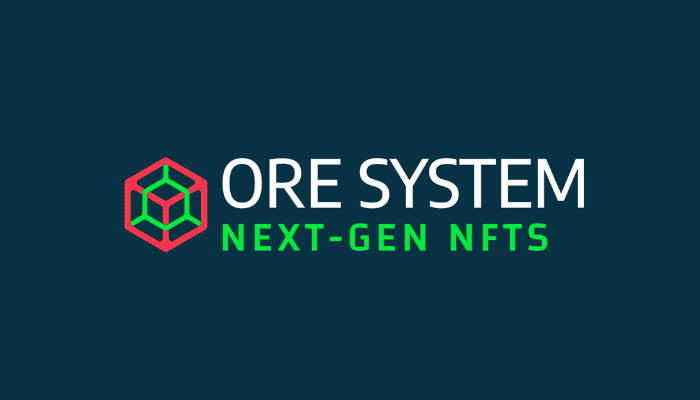The gaming industry has long been a disrupter of what is considered by many as “normal.” While most are developed with the end goal of simply selling copies to players to earn developers and publishing studios a source of income, many others are produced to shed much-needed light on various social issues such as mental health or even to exemplify how the gaming industry as a whole can better meet the needs and wants of its myriad consumers. For instance, look no further than the introduction of blockchain technology in certain “pay-to-earn” games, which allow players to earn rewards such as cryptocurrency or NFTs from little else than dedicating their time within a virtual world.
By 2023, it is estimated that approximately 3 billion people worldwide will fall into the demographic of gamers. This statistic, coupled with the exponential growth — both in popularity and value — of some of the most popular cryptocurrencies in recent years, has primed the gaming industry as one poised to reap the benefits of integrated blockchain technology. And more than a handful of gamers, as well as some gaming industry veterans, have begun taking notice.
A new type of ownership system for gamers, by gamers
Founded by cybersecurity veteran and accredited penetration tester, Nicholas Donarski, ORE Sys, LLC (ORE System/“ORE”), is a software company made by gamers for gamers—with an edge. Under the leadership of Donarski and his team of technical experts, ORE is revolutionizing the gaming industry by reducing the time, cost, and experience a game developer needs to integrate blockchain technology into their games.
“By focusing on bringing the gaming community together and introducing NFT ownership into the industry within the U.S.,” Donarski says, “gamers will now truly own the gear, and developers will truly own the game. The complete ORE system is the first cross-platform ecosystem available to the blockchain community where for the first time, gamers REALLY determine if a game or an item is worth anything.”
As Donarski continues to explain, the gaming industry and its communities of players are no strangers to being introduced to new forms of payment structures. Whereas many video game studios used to operate in a function akin to movie production studios producing big-budget films, in which a game would undergo months or years of development and improvement prior to the final product being commercially released, allowing the studio to finally see a financial return for its work, this is no longer the case.
Over the past decade, functionalities of downloadable content (DLC) and in-game microtransactions have become increasingly popular amongst developers and gamers alike, allowing players to purchase in-game content or items for a monetary fee. Microtransactions have likewise become more deeply ingrained as a new norm within the gaming industry alongside the rise and growing popularity of eSports.
However, the concept and implementation of microtransactions have come under fire more than once in recent years, as the content or items purchased are not officially owned by players but rather licensed to them through the game’s producers. But with more and more interest regarding how blockchain technology can be incorporated into games, it stands to reason that such an integration could flip the entire concept of microtransactions on its head by restoring full ownership of in-game content purchased to the gamers that buy them using blockchain.
Revamping the gaming industry block-by-block
With the rise of blockchain technology and non-fungible tokens (NFTs) in gaming, the vision of gamers and developers alike — along with those such as Donarski and his team at ORE — is to create an entirely new model of gaming centered less around “pay-to-earn” or “pay-to-win” structures and more around true asset ownership. This way, gamers will not feel as if they are merely burning through cash to purchase in-game content, as the content they buy can appreciate in value (similar to cryptocurrency) and even be resold on secondary markets for individual profit.
“Blockchain, and NFTs specifically, will change the world of video games,” says Donarski. “Granting gamers ownership of their purchases, versus the big studios that produce games and rake in revenue from each transaction made, allows them to control how long they play and whether the game is truly worth their time and money.”
By revolutionizing the concept of purchasing, owning, and even selling gaming content in this way, gamers will ultimately be able to help fuel and grow an entirely new kind of digital economy; one in which their assets can earn transferable real-world value. Furthermore, because these assets are tied to blockchain technology, this will allow gamers to seamlessly move them across platforms, so long as those platforms, too, are tied to blockchain.
“This new revolution in gaming will undoubtedly bring in additional economic benefits,” Donarski adds, “as gamers will be able to explore virtual worlds in games while earning valuable income from their purchased in-game content serving as NFTs or other forms of assets on blockchain.”
Though the gaming industry as a whole may still be some distance from fully adopting this new revolution across the board, the players have spoken. The power and freedom to own and earn what they want, when they want it, will likely force many production studios in the gaming industry to either keep up with the times or be left behind in a digital, pixelized wake of true asset ownership.



































